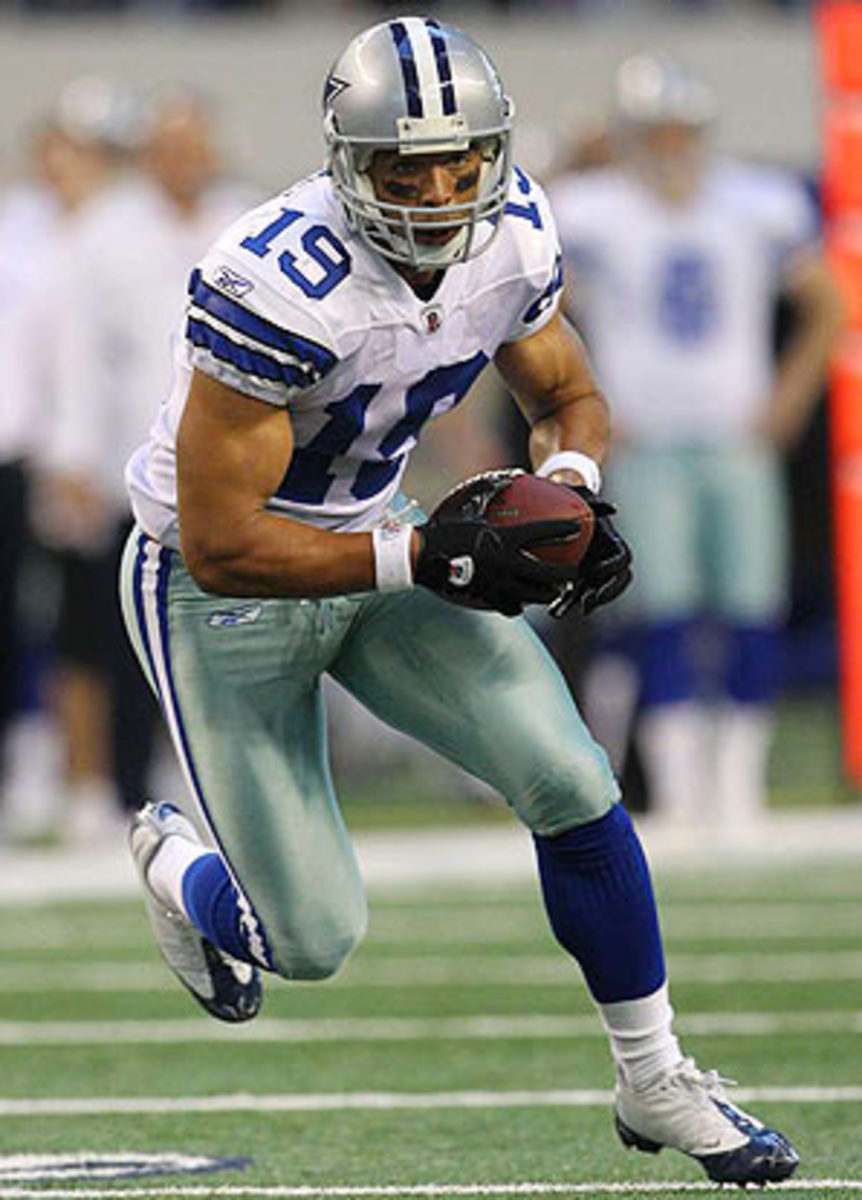Absence of 'poison pill' contract offers points to collusion in NFL
The problem for those restricted players hoping to land a big contract is that competing teams will be very hesitant to sign them to offer sheets for two reasons. The first is an exceptionally deep draft; most franchises will be loath to give up their precious picks in a deep draft to land a restricted free agent. The second is if the player is truly worth giving up picks for, odds are his team will match the offer sheet. Some teams look at signing a player to an offer sheet as just doing the other team's work for them, since the original team can match the offer and retain the player.
But what if those teams could ensure the offer would not be matched? That might change things a little bit. All any team need do is insert a term that is pretty much unmatchable. It's called a poison pill.
For example, if Bill Parcells wants to reunite with former Cowboys undrafted free agent Miles Austin, Miami could craft an offer sheet that says Austin's contract would need to be the highest on the team and 100 percent guaranteed if he plays more than four games in the state of Texas. Surely Jerry Jones would have to let Austin go since he wouldn't want to pay him more than Tony Romo or DeMarcus Ware, let alone guaranteeing the entire contract.
Poison pills are a completely legal and acceptable way to acquire tendered players in the NFL. An arbitrator ruled so in a grievance the Seahawks filed in 2006 after the Minnesota Vikings snuck a fast one past Seattle to secure All-Pro left guard Steve Hutchinson. The Seahawks quickly returned the favor by inserting their own poison pill to steal Nate Burleson from the Vikings. Yet amazingly, even though two players of that caliber were acquired in such a manner, there has not been another poison pill acquisition.
The only logical explanation for the lack of poison pill use in one of the most competitive and cutthroat industries in the U.S. is that some type of gentlemen's agreement is in place. With the job turnover for coaches and executives and the ever-present insecurity that entails, how can it possibly be that not one of these 32 teams has had a desire to do what it takes to sign any of these tagged or tendered players?
One ex-GM I spoke with said he never heard anything about not using a poison pill from his owner. He theorized that most people's reluctancy to tender offer sheets to restricted free agents has more to do with not wanting to give up draft choices.
To be clear, I don't blame the ownership if it does have a gentlemen's agreement in place. I don't think poison pill contracts are good for the league as a whole. The problem, of course, is that there is another name for a gentlemen's agreement: Collusion.
Executives in the league office get very uncomfortable when they hear that term, and rightfully so. If the league were found guilty of such a claim, their anti-trust exemption could be in jeopardy.
Given the snail-like pace of the current CBA negotiations and the increasing threat of a lockout in 2011, the NFLPA likely is willing to use every chip it can to get the best deal. Any collusion claim, especially if it involved the lack of poison pill use, could be an extremely big chip.
NFLPA executive director DeMaurice Smith has already said he is going to be watching team expenditures very closely in this uncapped environment for any sign the teams have come together and decided collectively to keep player costs low.
So what does all this mean for the average fan who couldn't care less about CBA negotiations? It means if your team elects not to improve via restricted free agency, it had better say it is because it doesn't want to give up any draft choices. Because having a fear that the other team will match their offer should not apply in an era in which the poison pill is a legitimate mechanism.





